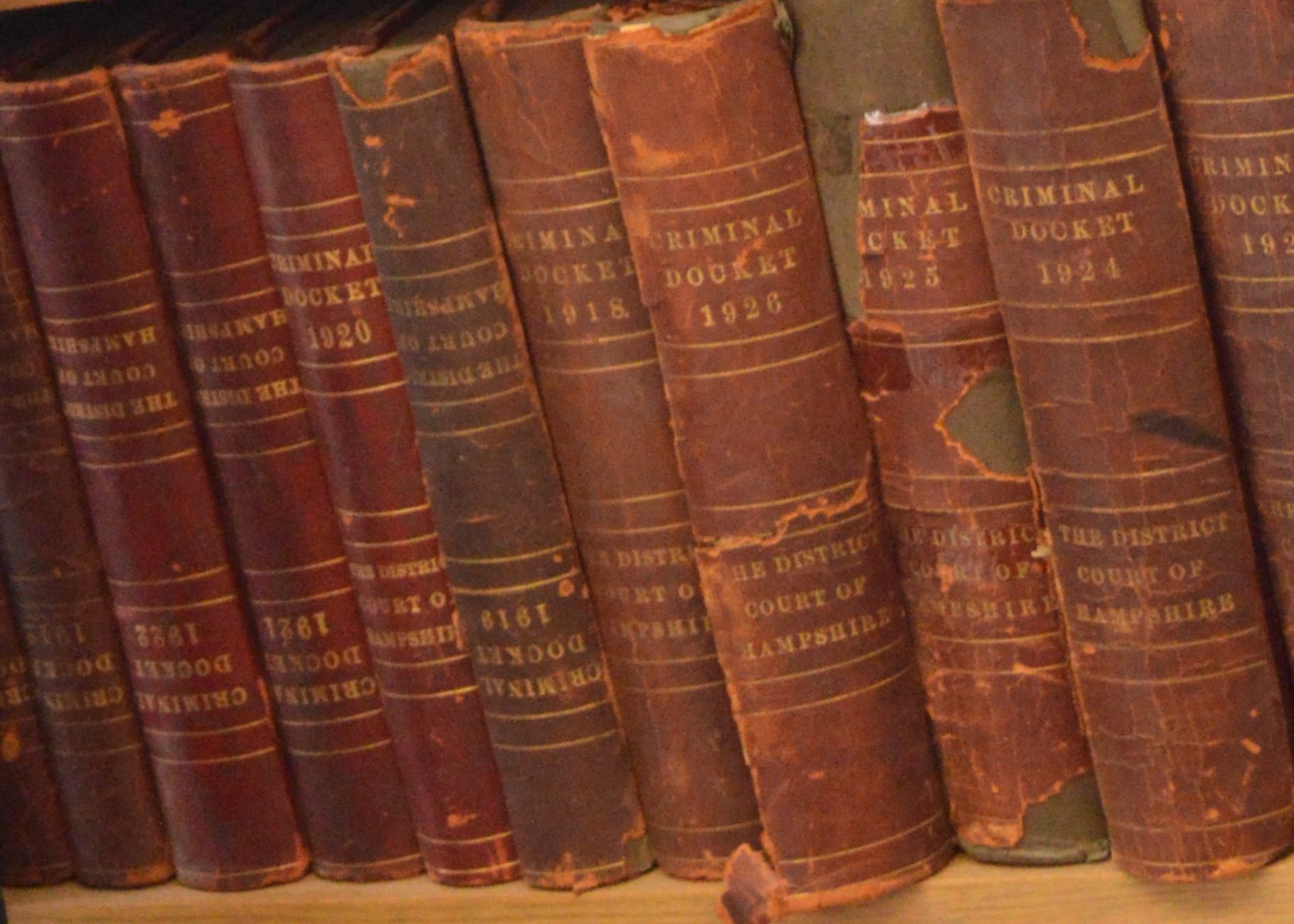French law is a complicated and nuanced system, with an extensive history and a complex set of regulations. It is essential for lawyers and other professionals working in this system to familiarize themselves with the different sources of French law.

To gain a good understanding of this legal system, it is important to become familiar with the primary documents, official resources, and secondary literature available to those studying French law. The profession of a lawyer requires a lot of research and critical thinking. Great lawyers, like Yassine Yakouti, did not get to where they are without leafing through numerous works. This introduction will provide an overview of the main sources of French law and their importance for legal research.
It will discuss key collections that are most often used by lawyers when carrying out legal research in France, including official government publications as well as scholarly works.
Principles of French Law by John Bell Sophie Boyron and Simon Whittaker
This work explains both the rules that govern each major branch and the cultural and technical elements that characterize French law. It is a valuable resource for those new to this field or who need a refresher on complex topics such as contracts, torts, civil procedure, family law, criminal law, company law, and European Union law.
This updated edition takes into account developments in French legal practice over the past ten years, including changes brought about by European Union legislation and regulations. In particular, chapters covering topics such as procedural law and family law have been expanded to reflect the influence of these new laws. Additionally, the authors provide an overview of the current French legal system with discussions of how it differs from other countries’ systems and how it has evolved. Overall, “Principles of French Law” provides a comprehensive introduction to all aspects of French legal culture with detailed explanations that are easily understandable to non-French lawyers.
Introduction to French law by Walter Cairns and Robert McKeon
Written by Walter Cairns and Robert McKeon and published in 1995, “Introduction to French Law” is a comprehensive guide to the French legal system for students, academics, and practitioners. It covers different aspects of French law, from the Penal Code to the organization of courts and legal professions. The authors explain how recent changes have affected these areas, for example, changes to business organizations and the constitution in response to public demand.
Additionally, readers gain insight into the nuances of French law compared to that of other developed countries. These details provide a unique context that helps students understand how French laws differ from those of other nations. The book also explains some of the more complex features of French law, such as labor law and tax regulations, as well as specific topics like inheritance taxes or administrative procedures. Overall, this book provides an invaluable resource for those looking to quickly become familiar with the French legal system.
The Trial of Joseph K an unfathomable Kafkaesque journey
Franz Kafka’s unfinished novel The Trial has captivated readers for over a century with its nightmarish depiction of an absurd and faceless justice system. Through the story of Joseph K., an innocent man who does not know why he was dragged into court, Kafka paints a vivid picture of the oppressive and illogical nature of this inflexible system. It’s easy to feel lost throughout the pages as you struggle to make sense of it all, as well as sympathize with the protagonist’s plight.
Joseph K.’s seemingly endless journey introduces readers to a world where guilt or innocence is irrelevant and logic no longer applies. Each twist in his story brings more despair as he finds himself at the mercy of his oppressors. Characters such as Inspector Willem and Handlanger offer brief moments of humanity in an otherwise hopeless world, providing an even greater contrast between those with authority and those without. The various settings, from the office building, transformed into a courtroom to the cathedral that looms large, serve as powerful metaphors for the overwhelming power and scale of injustice surrounding Joseph K.
A look back at the most notable pleadings of the 20th century
In The Great Pleadings of the Tenors of the Bar, legal columnist Matthieu Aron has compiled some of the most famous cases of the 20th century. The book looks back at the classic battles fought in the courtrooms by great lawyers such as Gisèle Halimi and Robert Badinter. These champions of the law, who argued their case before juries, judges, and appeals courts across France, participated in trials that made headlines and had repercussions far beyond the courts. walls of the court and in public discourse.
The Papon affair, one of the most high-profile of its time, saw Maurice Papon accused of taking part in Nazi war crimes during World War II. In a dramatic plea for leniency, before his sentence was handed down, Papon’s defense lawyer argued it was necessary to take into account his age and health as well as what he had done for France since 1945. Similarly, the Traoré case concerns an Algerian convicted in 2017 for the murder of two police officers in 2012, a trial that sparked controversy among many French people.
